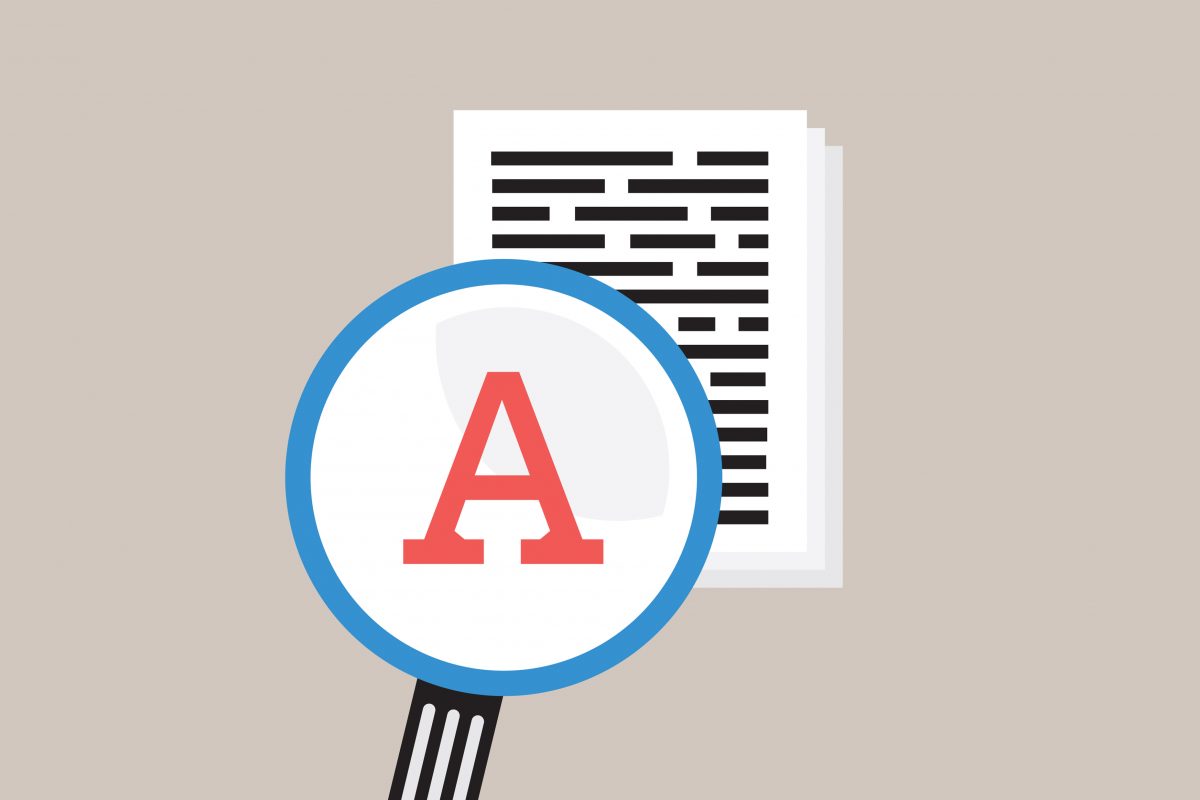The smallest, most forgettable words in admissions essays — such as the, a, to, I and they — can tell us in advance how students will perform in college, according to a new study at UT Austin that included computerized text analysis of 50,000 admissions essays written by prospective college students.
How a student uses small words, the study revealed, is related to his or her subsequent grade-point average. For example, students who heavily use the word I tend to do worse in class, and students who heavily use the words the and a do better.
“Function words allow us to assess how people are thinking more than what they are thinking about,” says James Pennebaker, a psychology professor at The University of Texas at Austin and co-author of the paper.
The research shows that people who think categorically do better in college than those who don’t. Categorical thinking involves categorizing things into kinds and connecting objects and concepts in a sophisticated way. Categorical thinking is reflected by use of articles such as the and prepositions such as on and of.
Dynamic thinkers see the world in terms of narratives, typically personal and subjective. Dynamic thinkers use more pronouns such as I and they and more auxiliary verbs such as will and had, and these applicants ended up, on average, with lower GPAs in the study.
However, the researchers caution against the simple use of word counts in admissions decisions. “The results could be interpreted not as a failure of dynamic thinkers to do well in college,” says David Beaver, professor in the Department of Linguistics and co-author of the study, “but as a failure of college to help students add categorical thinking to their arsenal.”
The findings were published Dec. 31, 2014, in the online edition of the journal PLOS ONE. Additional researchers included Gary Lavergne, program manager in the Office of Admissions; Cindy Chung, psychology postdoctoral fellow; and Joey Frazee, a linguistics graduate student.
